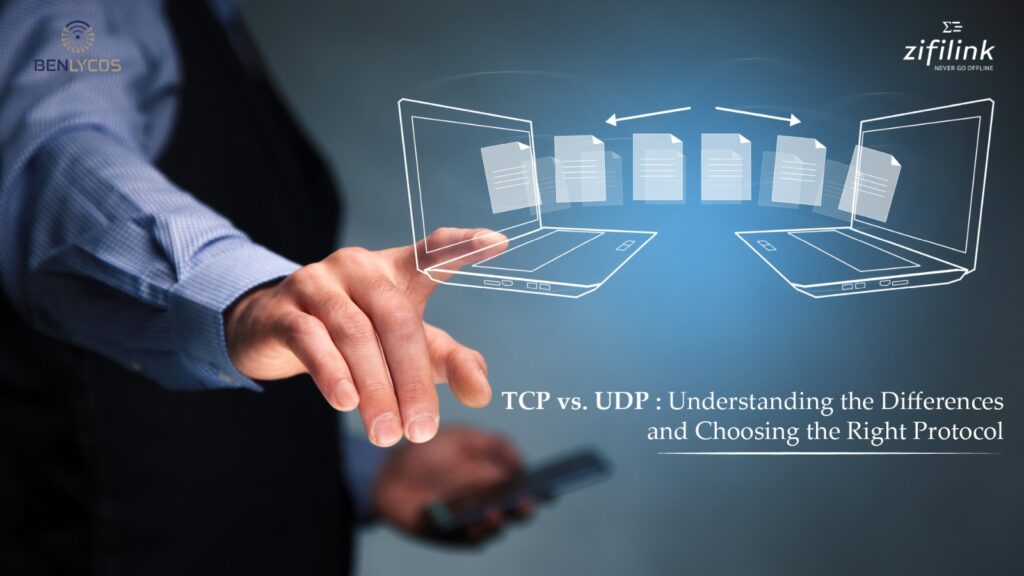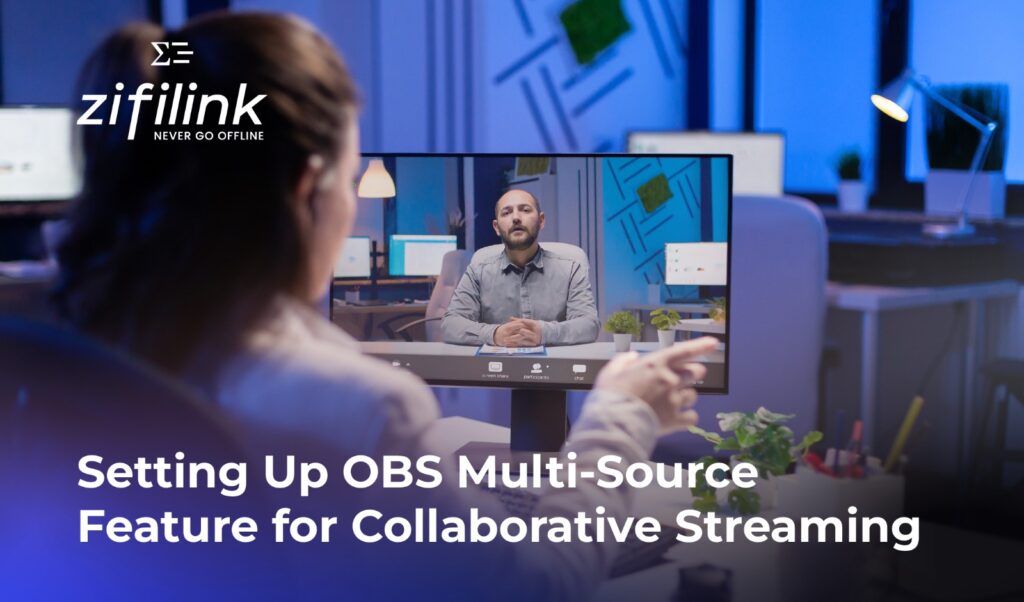 Virtual meetings and webinars might sound like the technology of the future; however, they have been happening since the 1990s. Live streaming to web conferences, video conferences to online conferences – many companies have gone digital and seem to be the right path for organizations to adapt to, both in terms of the changing landscape in the digital world and the pandemic which has shaken the world in the recent times. Cut to the present day when work from home is a common scenario, even some of the largest conferences have gone digital. Corporates have moved online, making a very conscious choice to reduce costs and carbon footprint and reach out to the worldwide audience.
Virtual meetings and webinars might sound like the technology of the future; however, they have been happening since the 1990s. Live streaming to web conferences, video conferences to online conferences – many companies have gone digital and seem to be the right path for organizations to adapt to, both in terms of the changing landscape in the digital world and the pandemic which has shaken the world in the recent times. Cut to the present day when work from home is a common scenario, even some of the largest conferences have gone digital. Corporates have moved online, making a very conscious choice to reduce costs and carbon footprint and reach out to the worldwide audience.
Considering the large number of corporates and the number of meetings online happening today, one of the main concerns is that of the bandwidth consumption. Uninterrupted internet for video streaming and online conferences is critical to a company’s success. With all these necessities to launch a successful online meeting, do you think your company is ready to go completely digital and grow your revenue by saving on infrastructure expenses? It is true that many corporates are taking advantage of the pandemic and completely gone digital saving a lot procurement and administration expenses.
So what is a virtual conference? One might get confused with a virtual meeting between two people. Conferences are beyond a simple meeting. Virtual conferences are online, multi-day events, including keynotes, panel discussions, entertainment, sessions, training and certification, product demos, industry trends discussions, leadership training programs, and many more. A virtual conference is a great alternative for hybrid events and boosts brand awareness while building long-lasting relations with clients and employees. Here is a host of different online events your company can host:
- Tutorials –A how-to tutorial helps provide tips and instructions. This type of event can be used to launch a new product or even a basic Q&A. These events can be anything from a product showcase to a yoga class or cooking class.
- Training courses –This includes complex topics and can range from webinars, workshops to basic courses on a subject. This is used to include diverse themes and tools.
- Interviews –Your in-house expert can answer FAQs in a live session. Or invite a subject matter expert to give a talk or performance.
- Conferences –This is a large-scale event meant to socialize and generate leads and relationships.
- Sneak-peek –This is to give an idea of what is happening behind the scenes. It can be about a new product launch, your workplace or a small glimpse of what’s happening in your office.
Why host a virtual streaming conference? This is no replacement for a face-to-face interactive session; however, a virtual conference is better suited for a wide demographic and reaches a worldwide audience as compared to an offline event. A survey had posted that virtual conferences result in 8x the number of registrations than traditional conferences. While the aim of a virtual conference is brand awareness, lead generation, and networking opportunities, it is only reasonable to hold it online.
Once you get a hang of the ‘whats’ and ‘whys’ to host a virtual meeting, here are the ‘hows’:
- Live tweeting –Start an online discussion by tweeting about an event, by asking a question, or hosting an ‘Ask me anything’ forum. It is best to add relevant hashtags to garner the right audience. Other online discussion tools include Discord, Reddit, or Slack.
- Webinars – A webinar is an online presentation, which can be real-time or a recorded version. These conferences happen with a series of slides and demos, and while live open to questions from the participants. A few webinar platforms are Zoom, WebinarNinja, Livestorm, Demio, and so on. The platform can be chosen depending on the size of the audience and the required access.
- Conferences & Networking –This includes more of a formal event than an offline event. This type of virtual streaming conference includes speakers, working on an agenda, networking meetings, and leader board- positions. A few tools which aid in these types of events are 6connex, Brella, Hop In, Run the World, and so on.
All events come with certain hiccups. To avoid mess-ups during the conference and host a successful one, a few pointers which can be in place are:
- Sketch a plan – Every event should have a strategy. Have a key business goal and plan around this. A few key points to be kept in mind include:
- Brand awareness
- Lead generation
- Product adoption
- Customer loyalty
- Networking
- Learning
- Entertainment
While you might be ready with your plan, have a backup plan in case of technical glitches. Ensure good internet connectivity, a team to anticipate troubles early, and a team to provide solutions at the right time.
- Choose the right time – Plan your event well in time and pick the right date and time. Ensure your event does not compete with other events, thereby reducing your audience strength. While reaching to a global audience, have the timing constraints in mind and work around that. It may be worth the time to plan multiple sessions to cater to different time zones and also post a poll for preferred dates and times.
- Promote your event – Digital marketing is very important. Share the details of your event on social media and market it via all marketing platforms – email marketing, LinkedIn, Twitter, and so on. Ensure you have a defined value proposition and that this is conveyed in all your marketing material.
Such an amount of planning takes a few months of preparation and effort by a village to make it a success. With many things which could go wrong, one thing you can be guaranteed not to cause trouble is the internet connectivity. With a large bandwidth required for the entire time of the virtual conference, the last thing you should be is skeptical about the speed of the internet. However, with broadband bonding, using a router provided by internet aggregators, multiple dongles can be used to connect to the fastest connection at a particular point in time. The internet age has brought to us portable and easy-to-carry routers that can be used even in a remote location, thereby eliminating data connectivity issues.
Apprehensive about going virtual?! Don’t be! Virtual is the only option companies have to engage, inspire and establish connections. With the changing world and the pandemic hitting us hard, we will have to rebuild and relook at our processes and events and go with the flow. A virtual event is a key to your digital strategy and the right technology can be a boost to your brand. And if your virtual event is a success with the stability of the internet, the audience will likely turn up for your next event for sure.




About The Author: Sajith
More posts by Sajith